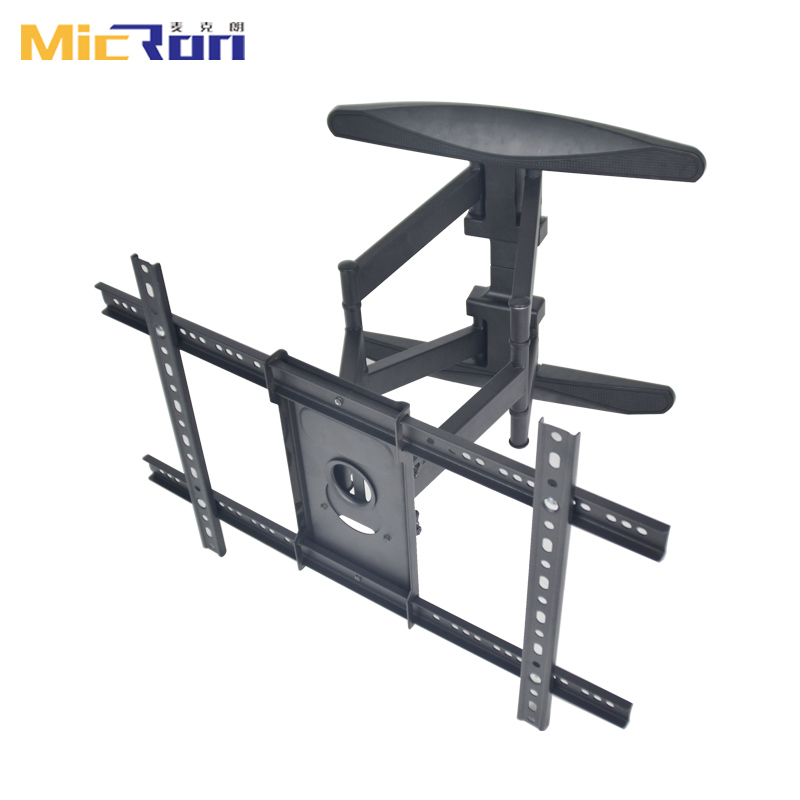wholesale stand tv factories
wholesale stand tv factories
Exploring the Landscape of Wholesale Stand TV Factories
In today’s rapidly evolving consumer electronics market, wholesale stand TV factories have become integral to the supply chain, serving both retailers and consumers alike. These factories specialize in manufacturing televisions and their stands, offering a wide variety of models that cater to different preferences and budgets. Understanding the key elements of these factories sheds light on their importance in the industry.
The Role of Wholesale Stand TV Factories
Wholesale stand TV factories play a crucial role in the supply chain by providing retailers with a consistent and substantial supply of television units. These factories often produce large quantities, which allows retailers to stock their shelves efficiently while keeping costs down. By purchasing directly from manufacturers, retailers benefit from lower prices, which they can pass on to consumers. This dynamic promotes competitive pricing in the market, ultimately benefiting end-users.
Manufacturing Process
The manufacturing process in wholesale stand TV factories typically involves several stages, including design, assembly, quality control, and distribution. The initial step is design, where engineers and designers collaborate to create innovative and appealing models. This is a crucial stage, as the design must not only be aesthetically pleasing but also functional and compatible with various stands.
Once the design phase is complete, the assembly line begins. This is where the actual televisions are put together, involving the installation of screens, circuit boards, and other electronic components. High-quality materials are sourced to ensure that the final product is durable and reliable. The assembly process can vary significantly between factories, with some employing advanced automation technology while others rely more on manual labor.
Quality control is another essential aspect of manufacturing. Regular inspections are conducted at different stages to ensure that each television meets industry standards and specifications. This is vital for maintaining the factory's reputation and ensuring customer satisfaction. Defective units are discarded or sent for rework, thereby reducing the risk of poor performance and increasing overall reliability.
wholesale stand tv factories

Market Trends
The landscape of wholesale stand TV factories is continuously evolving due to market trends and consumer demands. The rising popularity of smart TVs, OLED technology, and 4K resolution screens has led to a shift in production strategies. Factories are now focusing more on high-definition televisions equipped with advanced features, such as streaming capabilities and built-in voice assistants.
Eco-friendliness is also becoming a significant consideration in production techniques. Many factories are adopting sustainable practices, such as using recyclable materials and reducing waste during manufacturing. This shift not only meets the growing consumer demand for environmentally friendly products but also aligns with global sustainability goals.
Challenges Faced by Manufacturers
Despite their importance, wholesale stand TV factories face various challenges. One significant issue is supply chain disruptions, which can result from raw material shortages or geopolitical tensions. Factories must be agile and adapt quickly to these changes, sometimes relying on alternative suppliers or adjusting production schedules.
Labor shortages in certain regions can also pose challenges, as workers with specialized skills are essential for maintaining quality and efficiency. Training programs and employee retention strategies have become vital for factories aiming to sustain productivity and quality.
Conclusion
Wholesale stand TV factories are pivotal in ensuring a steady supply of televisions to meet growing consumer demands. Their ability to adapt to market trends while maintaining quality and efficiency is essential in a competitive landscape. As technology continues to advance, these factories will play an increasingly vital role in shaping the future of consumer electronics, ensuring that both retailers and consumers benefit from high-quality products at affordable prices. Embracing innovation and sustainable practices will be key as they navigate the challenges of the modern market.
-
Premium TV Wall Mount Dubai - Secure, Sleek & Versatile Brackets for Every Wall TypeNewsJun.10,2025
-
Swing Arm Mount for Flat Screen TV – Full Motion Wall Mount for 32-55" TVs, Space-Saving & Easy InstallNewsJun.10,2025
-
Universal Toshiba TV Wall Mount for 32/42/55 Inch ModelsNewsJun.10,2025
-
Premium TV Mounts Suppliers & Factories Top Quality SolutionsNewsJun.10,2025
-
80 TV Wall Mount Bracket - Heavy Duty & AdjustableNewsJun.10,2025
-
Vizio 19 Inch TV Wall Mount Secure Adjustable InstallationNewsJun.09,2025
